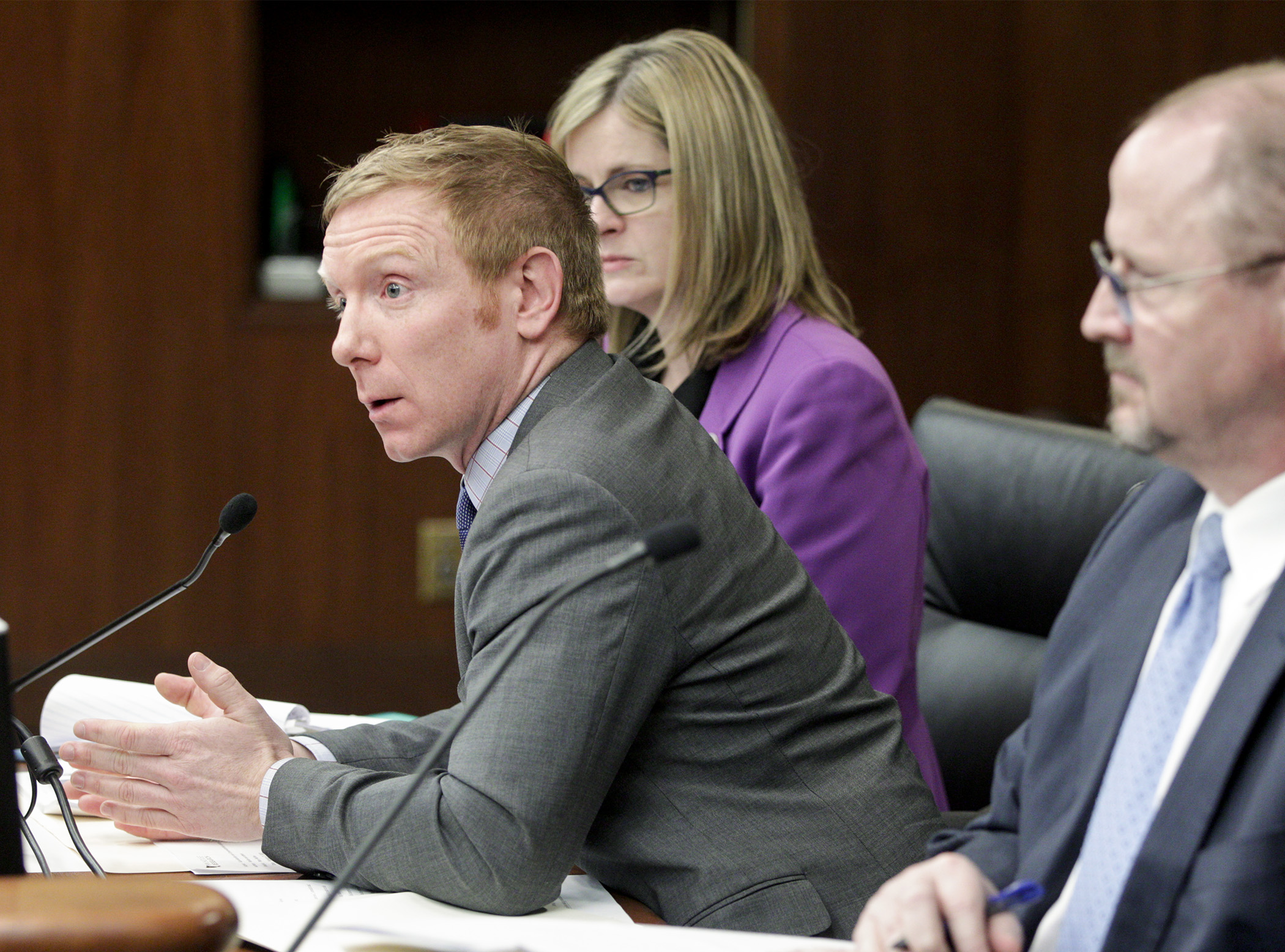House panel OKs bill to modernize Minnesota’s guardianship statute

Going to court to get guardianship over a person unable to meet their own personal needs can be complicated, time-consuming, and burdensome for many.
And there are better, less restrictive options now available, say supporters of a bill that would modernize and add flexibility to the guardianship process.
“This bill seeks to reduce unnecessary guardianships and conservatorships, promote less restrictive alternatives, and clarify multiple parts of the law that conflict with current best practices,” said Rep. Kelly Moller (DFL-Shoreview), who sponsors HF3391.
The House Judiciary Finance and Civil Law Division approved the bill, as amended, Tuesday and sent it to the House Ways and Means Committee. Sen. Bill Ingebrigtsen (R-Alexandria) sponsors the companion, SF3258, which awaits action by the Senate Judiciary and Public Safety Finance and Policy Committee
Guardianship occurs when the court gives an individual or organization legal authority to make personal decisions for an individual whom the court deems unable to provide for their own basic needs.
Guardianship statutes in Minnesota have not been significantly updated in more than 10 years, according to Sean Burke, public policy director for the Minnesota Elder Justice Center.
He noted that granting guardianship over a person takes away many of that person’s civil rights, a drastic measure not required in many cases.
“Before removing a person’s civil rights, a court must be sure that no less restrictive alternatives exist,” he said.
Several proposed changes would help ensure that happens, he said, such as a requirement that courts consider what less restrictive means of assisting a protected person have been attempted before a guardianship or conservatorship is put in place.
Burke highlighted a provision to create one of the less-restrictive options: supported decision-making.
These are legal agreements usually made between family members and a person subject to a guardianship. They outline what types of decisions a person can make for themselves, and what require input from “interested parties” given decision-making powers in the agreement.
Mary Hauff said creating a supported decision-making agreement, in lieu of a guardianship, has allowed her daughter with a disability, Jean, to grow and develop her own decision-making skills at an appropriate pace for her.
“We are right-sizing our supports, giving her the freedom and choice to live her life,” said Hauff.
The bill would make technical changes to guardianship and conservatorship laws, most notably changing the term “ward” to “protected person” throughout the guardianship chapters.
Other provisions in HF3391 would:
- update the Bill of Rights for Protected Persons to include the right to communicate and see friends and family when it does not pose a threat to the protected person;
- allow a professional guardian to delegate authority to another person for a short period of time when the professional guardian notifies the court;
- require notice to family when a person subject to a guardianship experiences a significant medical change, is moved, or dies;
- allow a person subject to a conservatorship to control their own wages, unless otherwise ordered by the court; and
- allow a guardian or conservator to seek a restraining order on behalf of a protected person.
Related Articles
Search Session Daily
Advanced Search OptionsPriority Dailies
Legislative leaders set 2026 committee deadlines
By Lisa Kaczke Legislative leaders on Tuesday officially set the timeline for getting bills through the committee process during the upcoming 2026 session.
Here are the three deadlines for...
Legislative leaders on Tuesday officially set the timeline for getting bills through the committee process during the upcoming 2026 session.
Here are the three deadlines for...